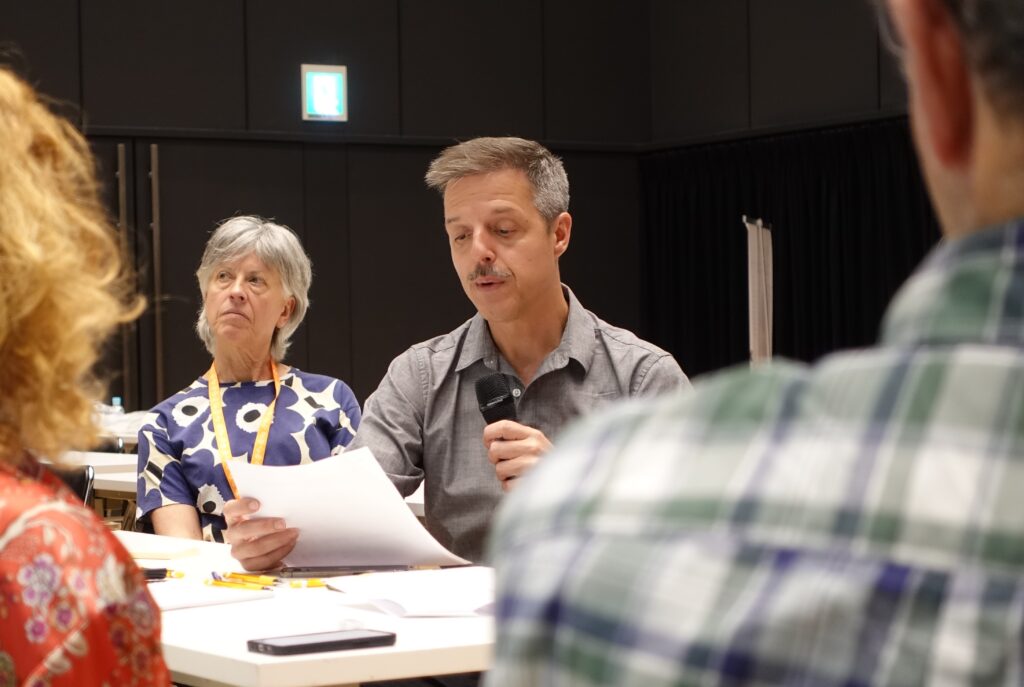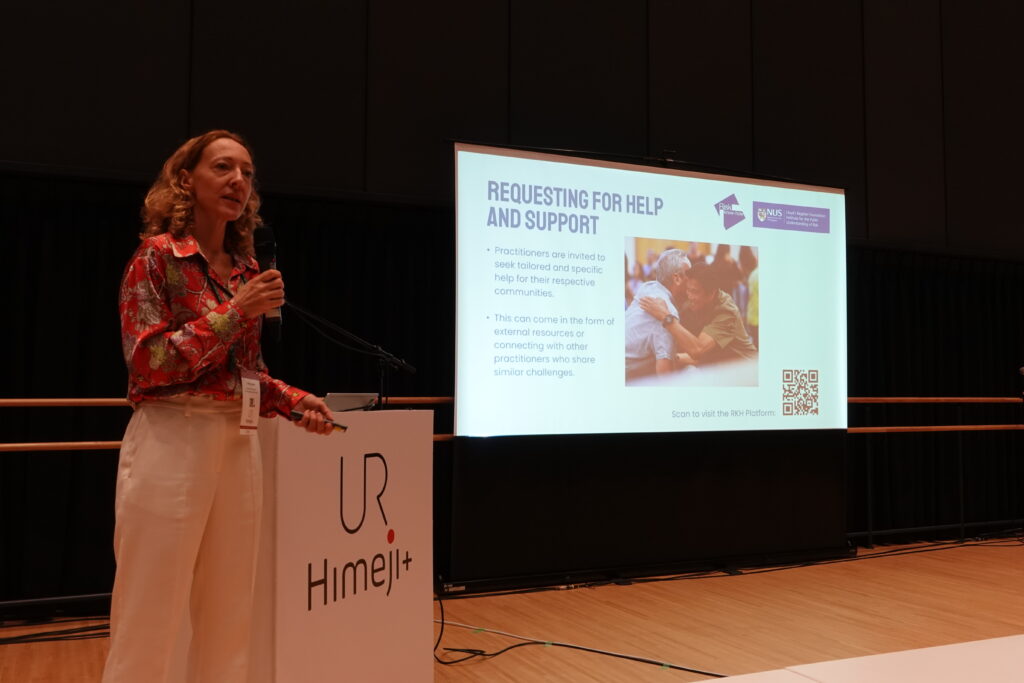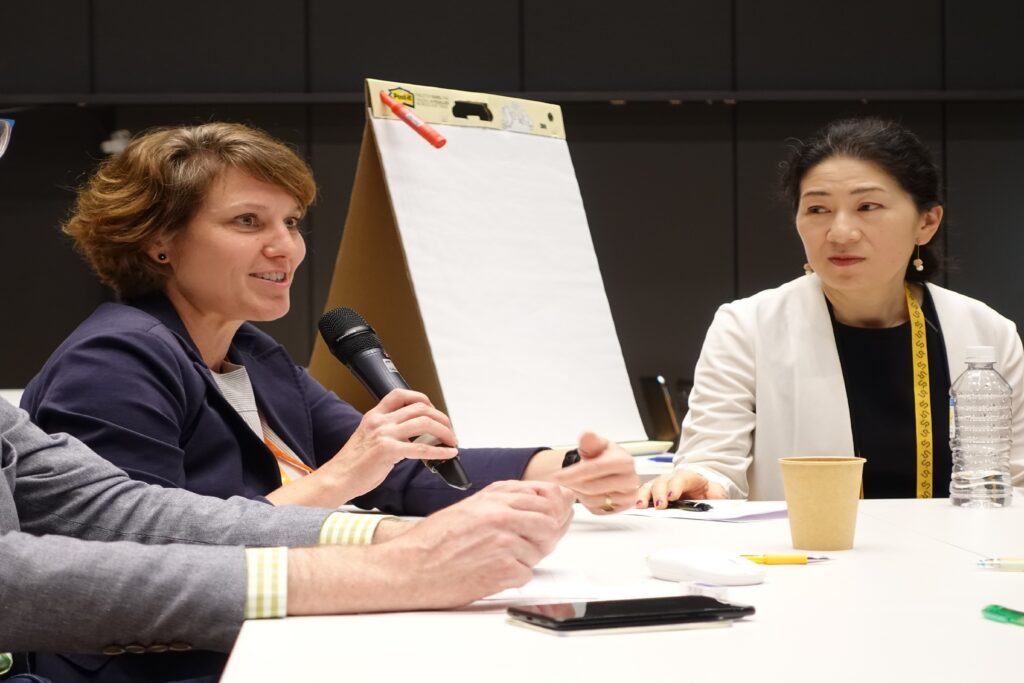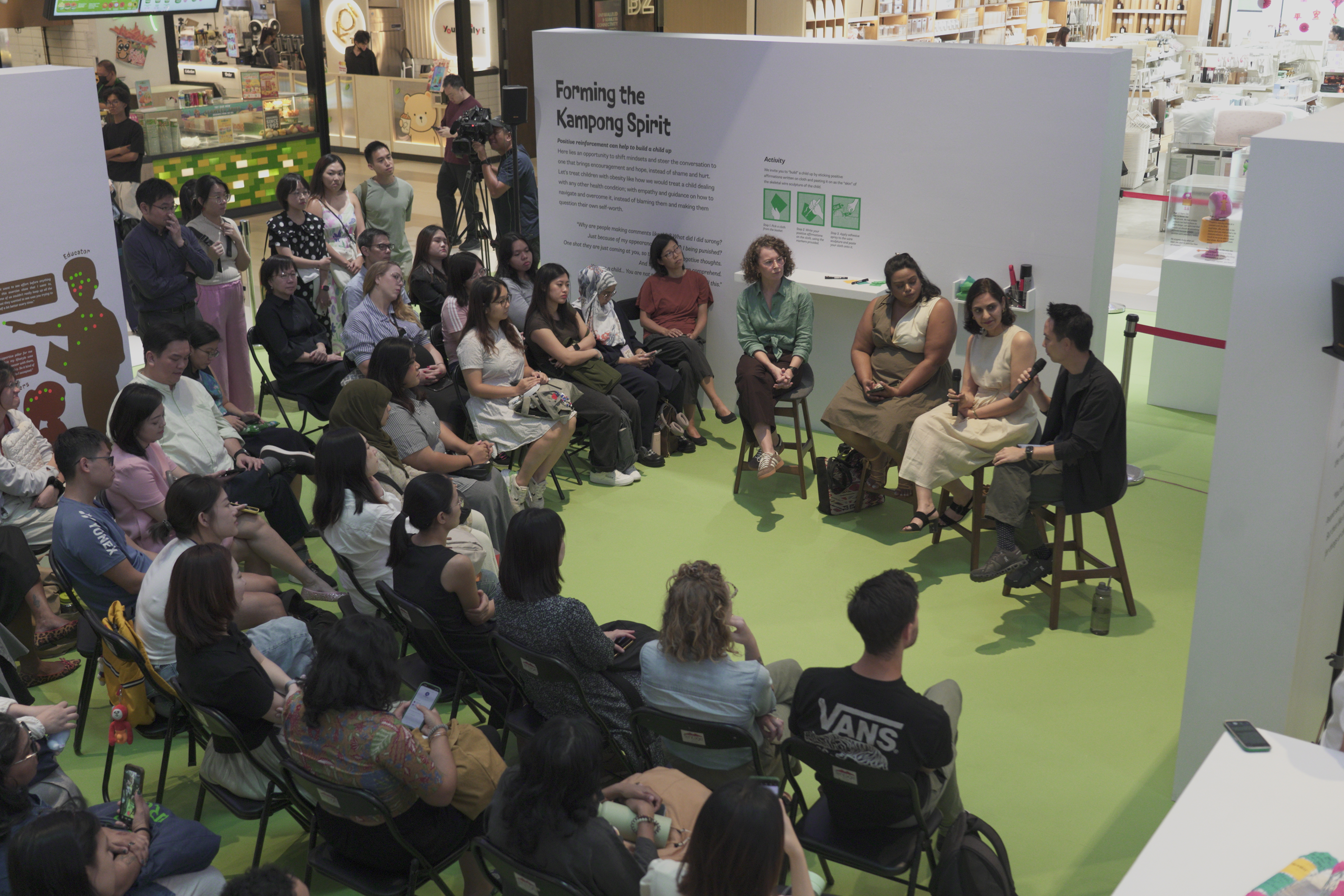Over the course of the Understanding Risk Global Forum held in Himeji, Japan, from 16-21 June, IPUR organised and participated in a series of sessions discussing a range of topics relating to disaster risk. Below are summaries of the events the Institute participated in:
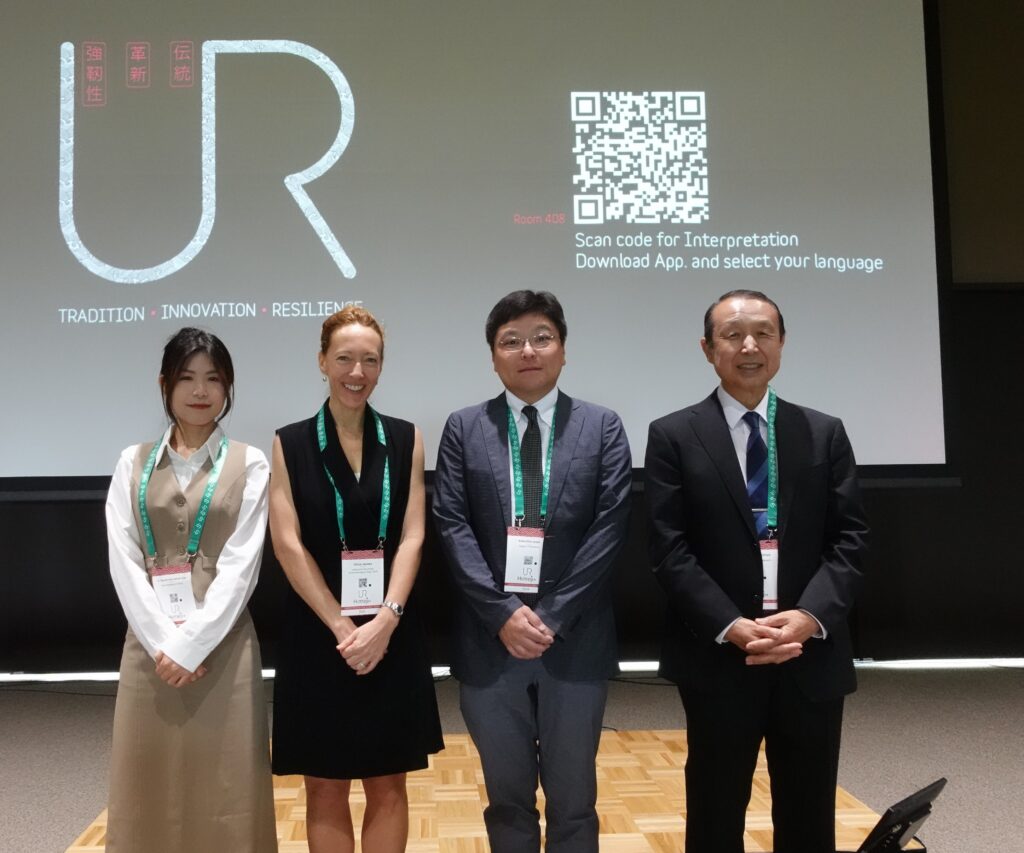
Holding on to Trust in the Face of Disasters (18 June)
When disaster strikes, the media and the public can rapidly lose trust in those responsible for managing risk. How can decision-makers hold on to trust in an unfolding crisis, when they themselves face so much uncertainty? To tackle this question IPUR brought together experts to present their work and research, and drawing from their experience:
- Mr Katsuhito Araki, member of the DX (Digital Transformation) Promotion Division of Nagano Prefecture’s Planning and Promotion Department
- Dr Anh Cao, Regional Director (Southeast Asia) of the Practitioner Exchange for Effective Response to Sea Level Rise
- Dr Nobuyuki Tsuchiya, Deputy Director of the Japan Riverfront Research Center and Lecturer at Monozukuri University
Together with Dr Olivia Jensen, IPUR Deputy Director and Lead Scientist (Climate and Environment), the session presented highlights from research and practice on public trust in government and other stakeholders in the context of flood risks, drawing on recent studies in Japan, Singapore, Vietnam and the Philippines. The session then turn the challenge over to the audience. In a “choose your own adventure” story of a flood threatening a Japanese city, participants took on the role of the Mayor and decided when and how much to communicate to the public and the media as the crisis unfolded.
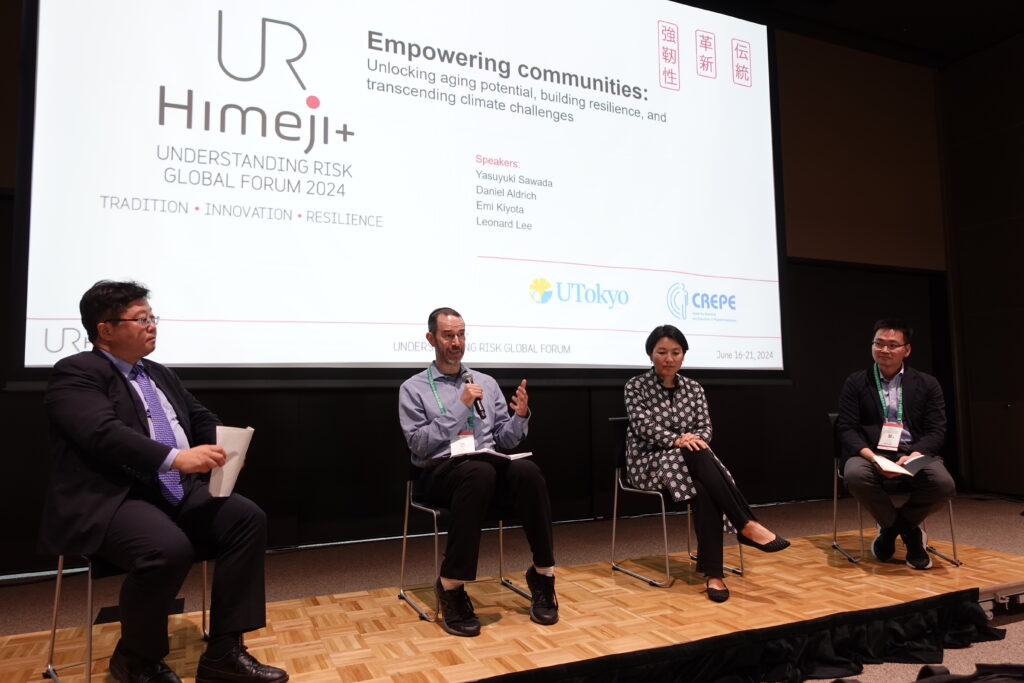
Empowering Communities: Unlocking Aging Potential, Building Resilience; and Transcending Climate Challenges (18 June)
This session brought together academics, experts, policymakers, and community organisers from Asia to share their experiences with community-based initiatives designed to empower and enhance the lives and climate resilience of aging populations. The event offers valuable insights into identifying best practices for optimising the well-being of older individuals and presents a holistic perspective on well-being, incorporating elements such as the built environment, social organisation, urban design, and urban planning. The spaekers and panellists in the session, organised by the University of Tokyo were:
- Dr Emi Kiyota, Associate Professor at the National University of Singapore, and founder of Ibasho
- Prof Leonard Lee, IPUR Director
- Prof Daniel Aldrich, Northeastern University
- Prof Yasuyuki Sawada, Faculty of Economics, University of Tokyo
In this session, IPUR mobilised the expertise of the participants to solve real-life problems in risk communication faced in Mexico (improving and monitoring water quality) and the Philippines (transitioning from fishing-based to land-based livelihoods due to increasing typhoons.
Following a presentation of the communities that they were helping as well as the challenges faced, participants were divided into groups to tackle the problems and develop suggestions and solutions such as an outline, communication strategy or list of external resources and training materials which could help address the problems.
Each group presented their proposed solutions to a panel of practitioners who will provide feedback at the end of the Hackathon. The ideas and solutions were summarised and will be provided to the risk practitioners in Mexico and the Philippines. The panellists comprised of:
- Dr Olivia Jensen, IPUR Deputy Director and Lead Scientist (Climate and Environment)
- Mr David Reid, IPUR Visiting Fellow and Director of Global Advocacy and Partner Campaigns for Lloyd’s Register Foundation
- Dr Mariko Nishizawa, Member of the Nuclear Reform Monitoring Committee
Aside from the hackathon, IPUR presented the Risk Know-How platform, launched in February 2024, which aims to help communities navigate risk information. It is a collaboration between Sense About Science, IPUR and supported by Lloyd’s Register Foundation. The platform provides support to frontline risk practitioners – people who assess claims and use data about risk to make collective decisions about what should be done. It provides resources on understanding and communicating risk, case studies, and the opportunity to request tailored help.
